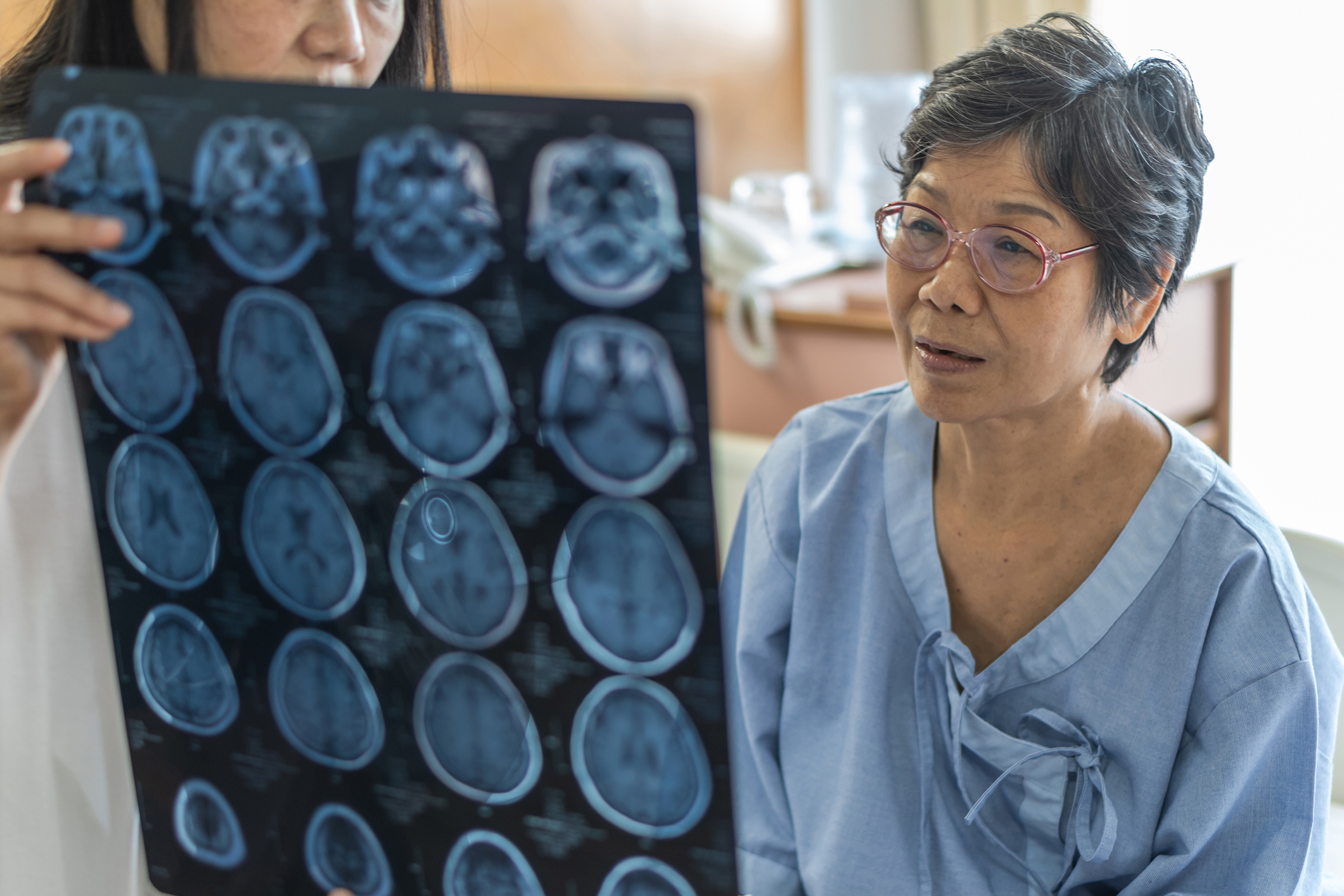Reaching old age should be considered a privilege, provided seniors are blessed with relatively good health, a tribe of friends and family, and all their faculties intact. But an estimated 7 million Americans over the age of 65 had dementia in 2020 and if demographic trends continue, it is expected that by 2030, that number will reach 9 million. Age, family history, genetics, and other risk factors including head injury can increase the likelihood of developing dementia in older age – and a new study shows that having three or more concussions is linked with worsened brain function in later life.
According to a recent Science Daily report, a new large study out of the University of Exeter and the University of Oxford also found that having just one moderate-to-severe concussion, or traumatic brain injury (TBI), can have a long-term impact on brain function and memory. Researchers used data from more than 15,000 participants between the ages of 50 and 90 who reported the severity and frequency of lifetime concussions and completed annual tests for brain function.
Researchers found that people who reported three or more concussions had significantly worse cognitive function. The ability to complete tasks and pay attention was most specifically affected, and any concussions beyond three worsened brain function test results successively. Study participants who reported even mild concussions throughout their lives also demonstrated significantly worse attention and ability to complete complex tasks and those who had four or more mild concussive episodes showed worsening processing speed and working memory.
Researchers suggest that the study findings should encourage policymakers and organizations to take greater steps to protect athletes and employees from concussions in high-risk activities. People who have experienced three or more even mild concussions should also be counselled about the risk for brain health in later life.
With a better understanding of head injuries and the long-term impact on cognitive function, rehabilitation can be tailored to focus on areas of brain function such as completing complex tasks and attention that have been found to be most affected by lifetime concussive events. Learn more about The PROTECT-TBI Cohort Study, published in the Journal of Neurotrauma, by following this link.






Add Your Voice
0 Comments
Join the Discussion